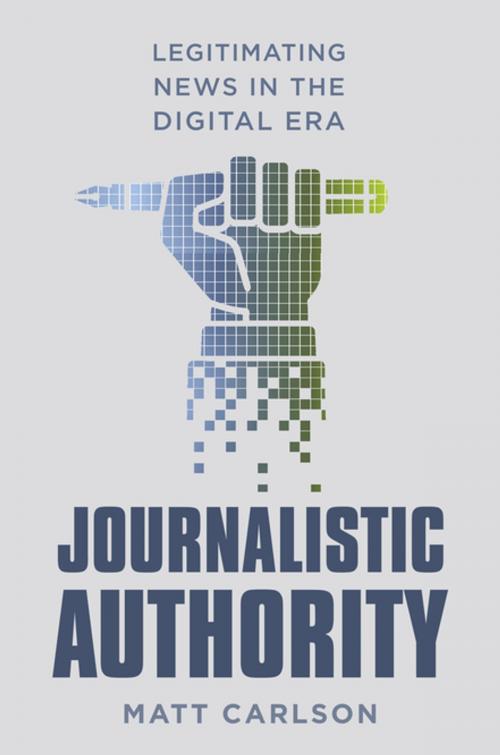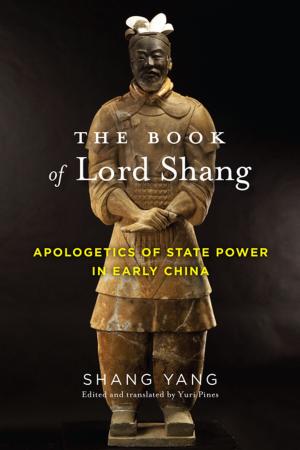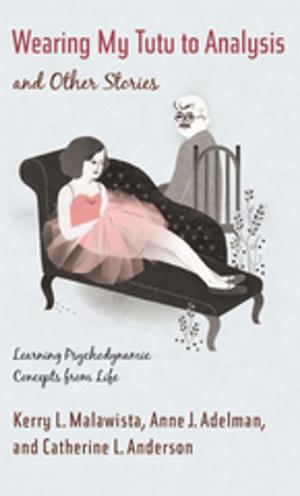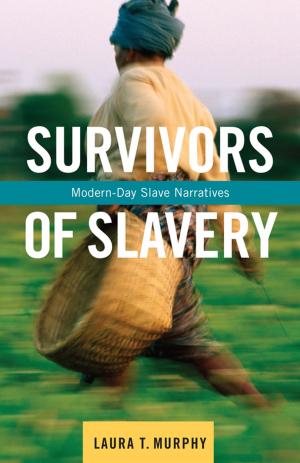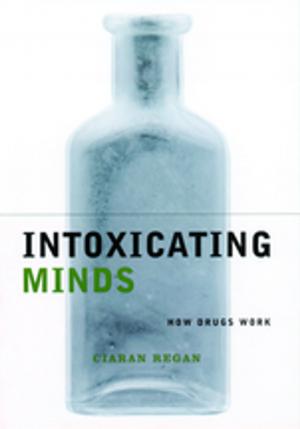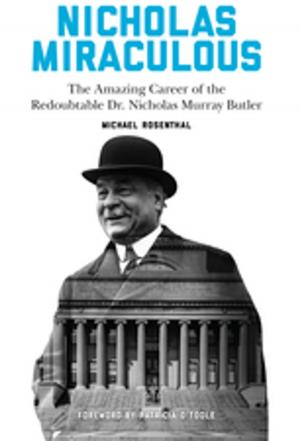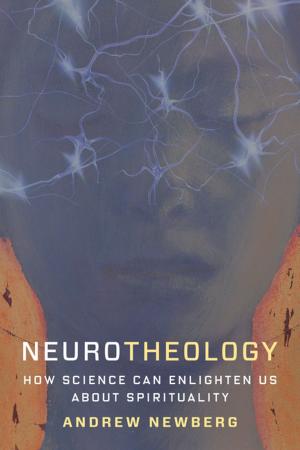Journalistic Authority
Legitimating News in the Digital Era
Nonfiction, Reference & Language, Language Arts, Communication, Journalism| Author: | Matt Carlson | ISBN: | 9780231543095 |
| Publisher: | Columbia University Press | Publication: | May 23, 2017 |
| Imprint: | Columbia University Press | Language: | English |
| Author: | Matt Carlson |
| ISBN: | 9780231543095 |
| Publisher: | Columbia University Press |
| Publication: | May 23, 2017 |
| Imprint: | Columbia University Press |
| Language: | English |
When we encounter a news story, why do we accept its version of events? Why do we even recognize it as news? A complicated set of cultural, structural, and technological relationships inform this interaction, and Journalistic Authority provides a relational theory for explaining how journalists attain authority. The book argues that authority is not a thing to be possessed or lost, but a relationship arising in the connections between those laying claim to being an authority and those who assent to it.
Matt Carlson examines the practices journalists use to legitimate their work: professional orientation, development of specific news forms, and the personal narratives they circulate to support a privileged social place. He then considers journalists' relationships with the audiences, sources, technologies, and critics that shape journalistic authority in the contemporary media environment. Carlson argues that journalistic authority is always the product of complex and variable relationships. Journalistic Authority weaves together journalists’ relationships with their audiences, sources, technologies, and critics to present a new model for understanding journalism while advocating for practices we need in an age of fake news and shifting norms.
When we encounter a news story, why do we accept its version of events? Why do we even recognize it as news? A complicated set of cultural, structural, and technological relationships inform this interaction, and Journalistic Authority provides a relational theory for explaining how journalists attain authority. The book argues that authority is not a thing to be possessed or lost, but a relationship arising in the connections between those laying claim to being an authority and those who assent to it.
Matt Carlson examines the practices journalists use to legitimate their work: professional orientation, development of specific news forms, and the personal narratives they circulate to support a privileged social place. He then considers journalists' relationships with the audiences, sources, technologies, and critics that shape journalistic authority in the contemporary media environment. Carlson argues that journalistic authority is always the product of complex and variable relationships. Journalistic Authority weaves together journalists’ relationships with their audiences, sources, technologies, and critics to present a new model for understanding journalism while advocating for practices we need in an age of fake news and shifting norms.
